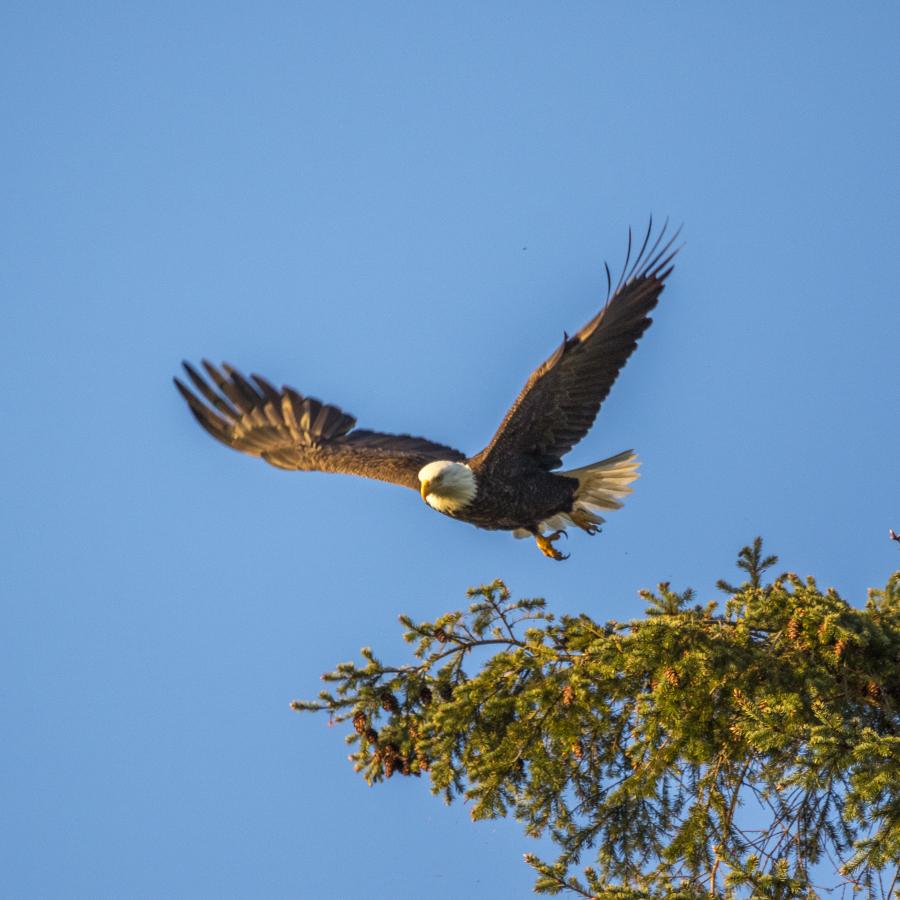
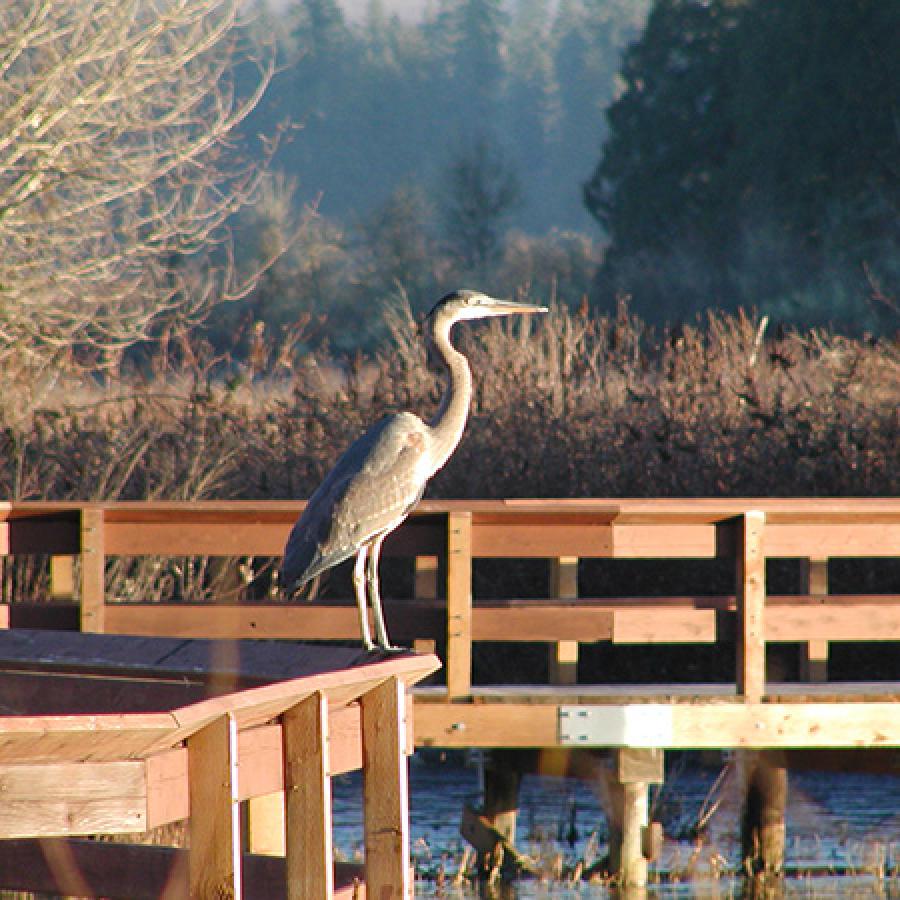
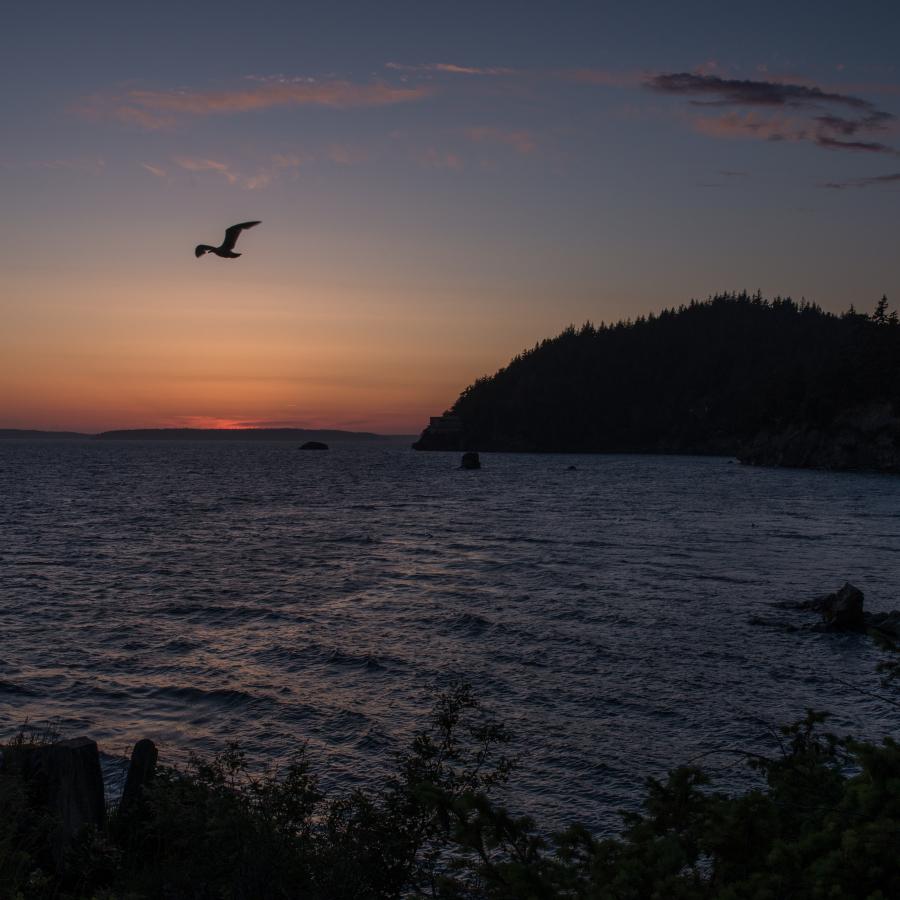
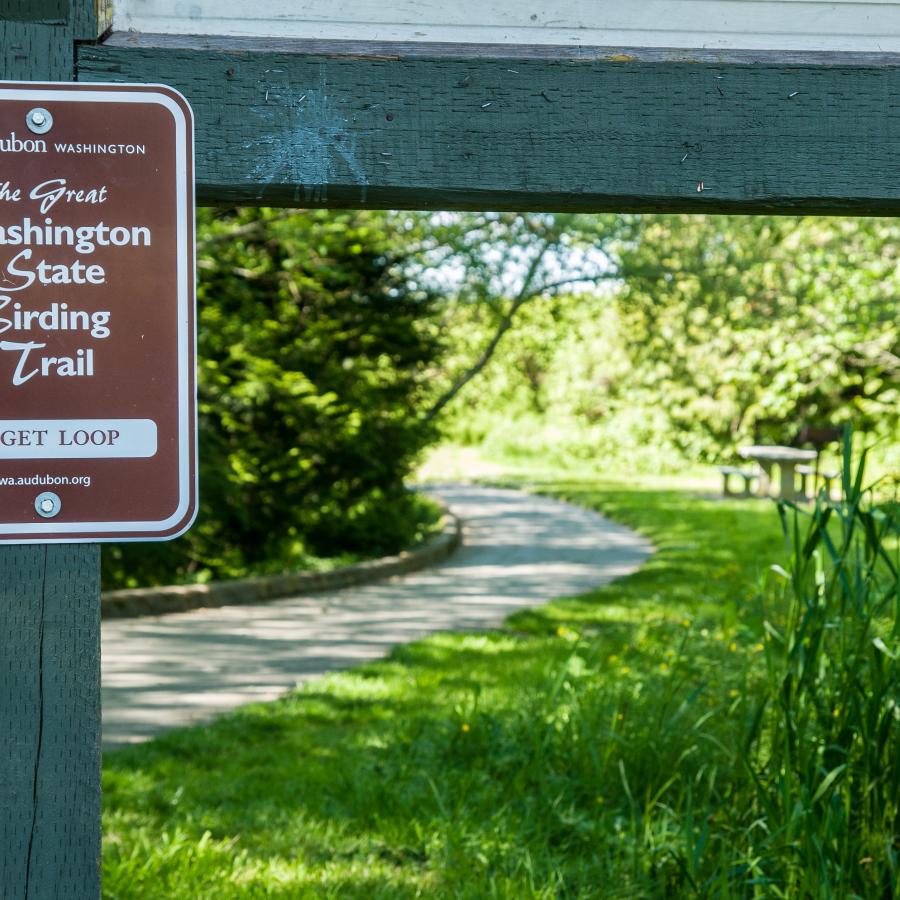
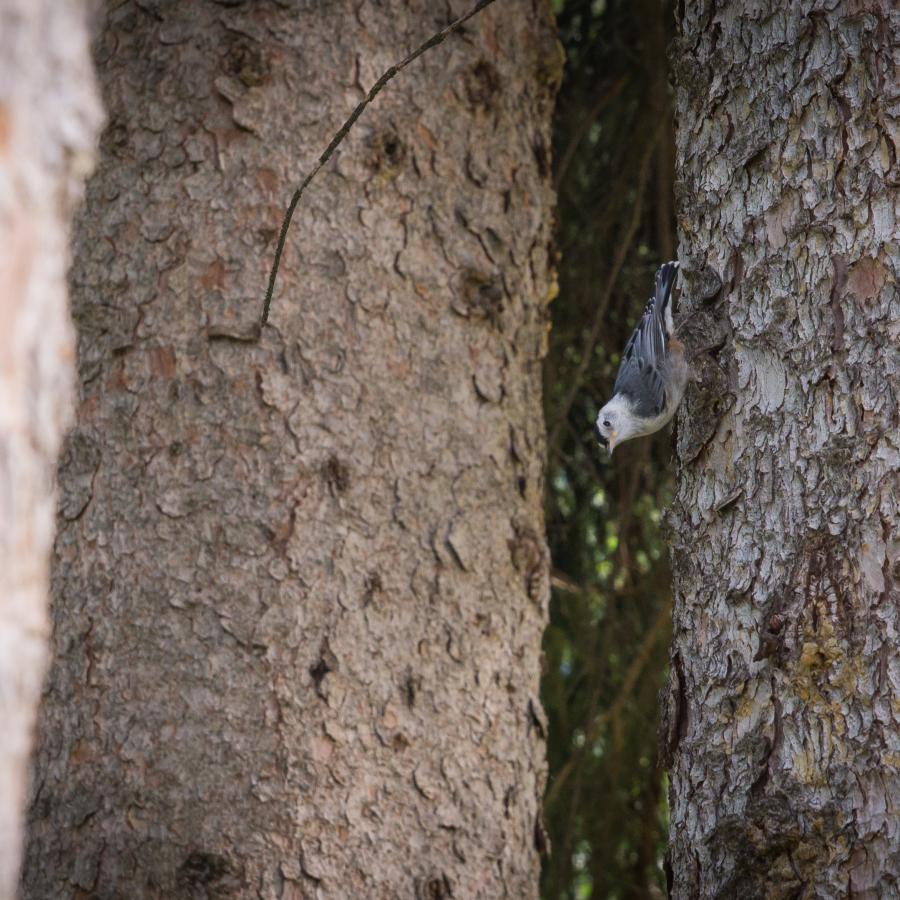
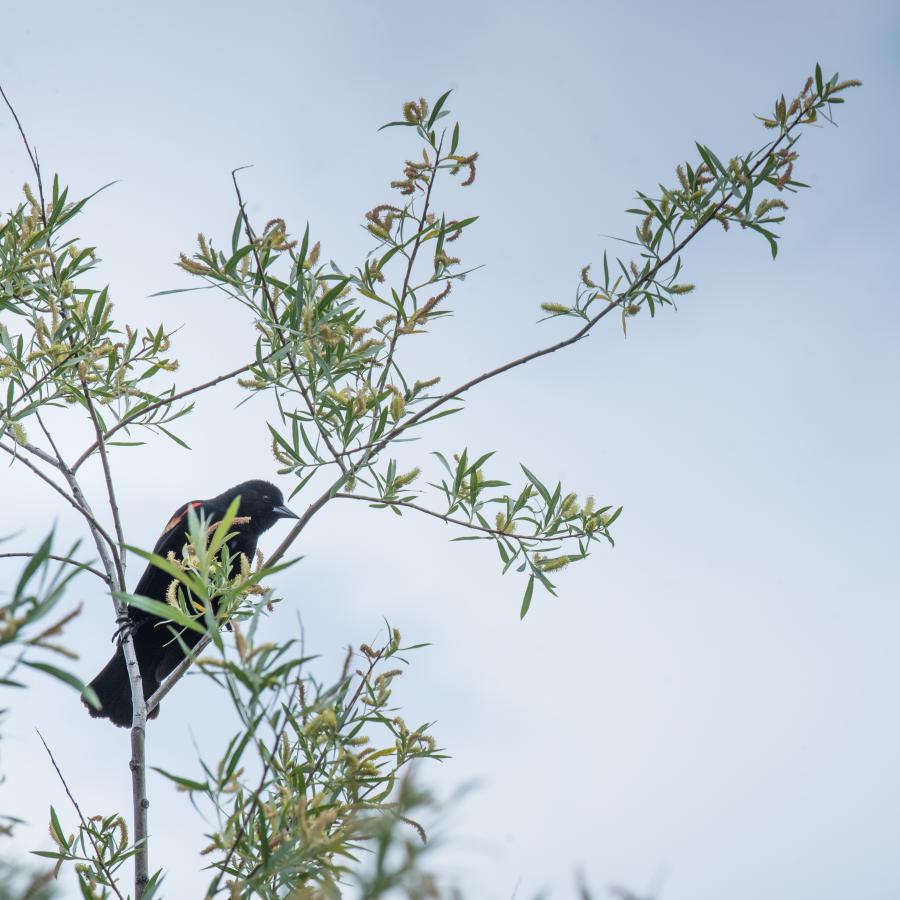
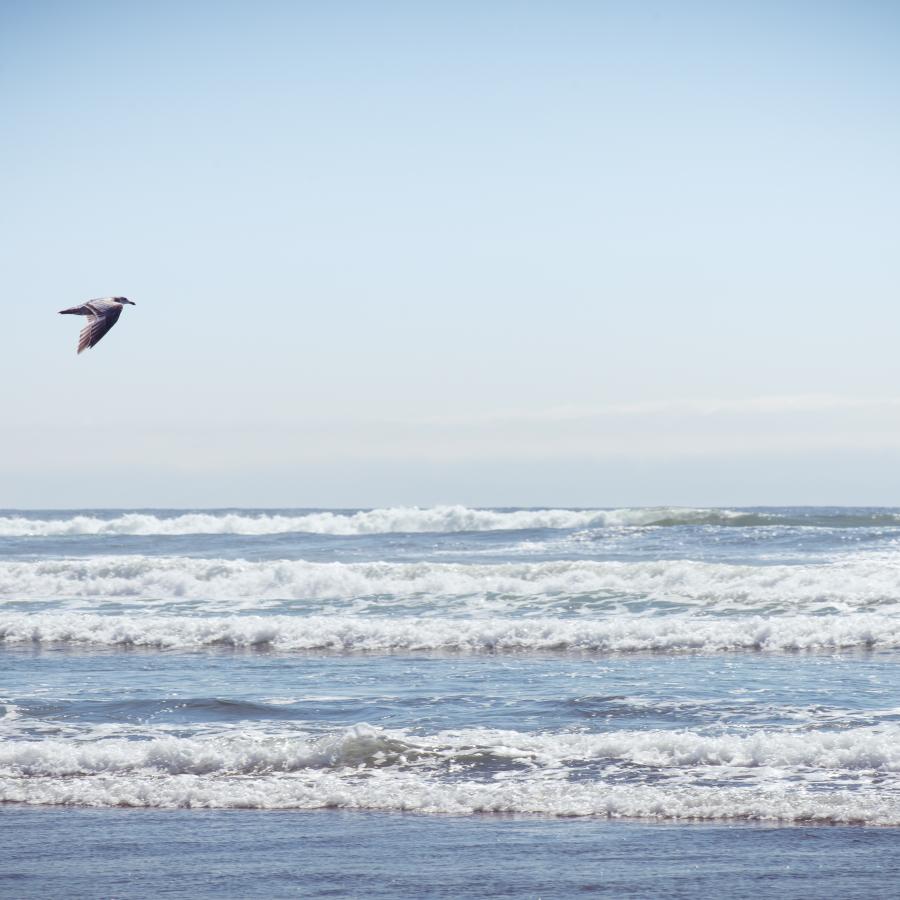
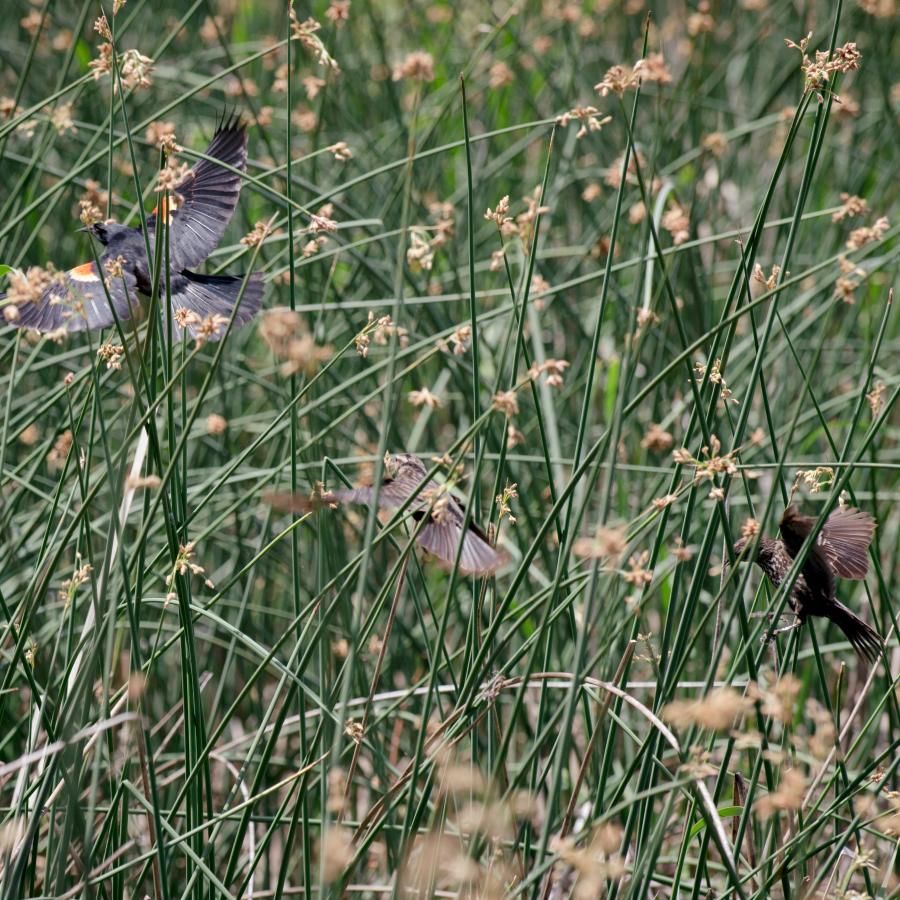
We're updating our camping and moorage fees to continue providing great experiences for visitors amid inflation and rising costs. You will see a rate increase for camping stays booked for May 15 and beyond. Moorage fees will increase Jan. 1. Learn more here.





By following these general rules, you can ensure a safe and enjoyable birdwatching experience while minimizing your impact on the natural environment:
Stay a safe distance from birds and their nests to avoid disturbing them. Do not feed or attempt to touch the birds.
Follow designated paths and trails to avoid damaging the natural habitat and disturbing wildlife.
Pack out all trash and dispose of waste properly. Do not disturb or remove any natural objects such as plants, rocks or wildlife.
Respect other birdwatchers and their right to enjoy the birds and the natural environment. Avoid making loud noises or sudden movements that may startle the birds.
Research and follow local rules and regulations for birdwatching in the area you plan to visit. Some areas may have specific rules about birdwatching.
If you're interested in starting birding, here are some things you should know:
A good pair of binoculars is essential for birding. Look for binoculars with good magnification and a wide field of view. You may also want to invest in a field guide to help you identify birds.
Start by exploring your local state parks to find birds in their natural habitats. You can also find birding hotspots online or by joining a local birding group.
Learn to identify birds by their appearance, behavior and calls. A field guide can be a helpful tool for identifying birds, but practice is key.
Remember to respect the birds and their habitats. Avoid disturbing nesting birds or feeding them, as this can disrupt their natural behaviors.
Consider keeping a record of the birds you observe, including the date, location and species. This can be a fun way to track your progress and remember your birding experiences.
Birding is a hobby that can be enjoyed at your own pace and in your own way. With some basic knowledge and a willingness to learn, you can start enjoying the beauty and wonder of birds in their natural habitats.
Use the Find a Park Page to see maps and visitor guides for a specific park.